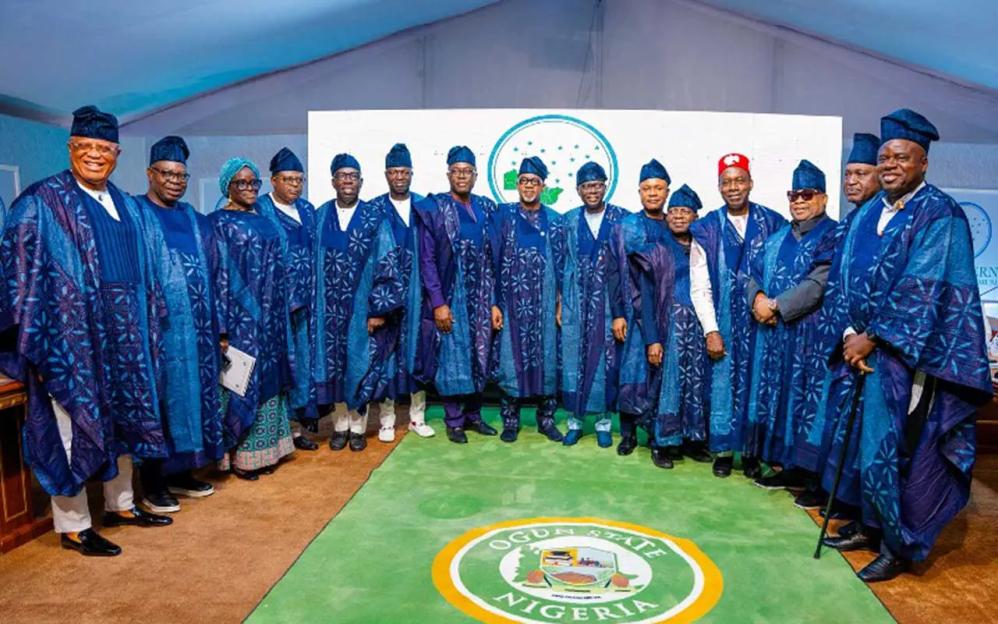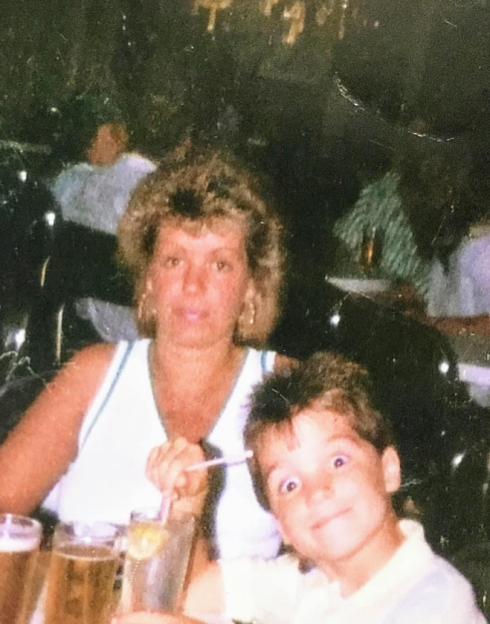Governors of southern states in Nigeria have emphasized the need for the creation of state police, opining that it will address the insecurity threat currently facing the country and ensure effective grassroots security.
Chairman of the Southern Governors Forum and Governor of Ogun State, Dapo Abiodun, stated this on Wednesday at the regional meeting of southern governors held in Iperu Remo, Ogun State.
DAILY POST reported that the meeting was attended by the Rivers State governor, Siminalayi Fubara; his Abia State counterpart, Alex Otti; Biodun Oyebamiji of Ekiti; Governor Francis Nwifuru of Ebonyi State; Peter Mbah of Enugu; Charles Soludo of Anambra State; as well as the deputy governor of Osun State, Kola Adewusi; Edo State’s Dennis Idahosa; Oyo State’s Bayo Lawal; and Peter Odey of Cross River State, among others.
Speaking at the meeting, Governor Abiodun stated that the creation of state police remains a non-negotiable component of their collective demand for true federalism and effective grassroots security.
He asserted that the rising security threats and economic pressures across the country reinforce the urgency of decentralizing policing so that states can take direct responsibility for safeguarding their citizens.
Abiodun said, “Distinguished colleagues, as we deliberate on the security architecture of southern Nigeria, it is important to state clearly that the creation of state police remains a non-negotiable component of our collective demand for true federalism and effective grassroots security.
“Our region has consistently advocated for a policing system that is closer to the people, more responsive to local realities, and better equipped to address the rapidly evolving threats we face.
“Southern Nigeria now stands at a pivotal moment marked by rising security threats, economic pressures, and the urgent need for coordinated leadership. Recent mass abductions in schools, religious centers, and rural communities across the country demonstrate that no region is insulated from organized criminality or violent extremism.
“The recent incidents across the country reinforce the urgency of decentralizing policing so that states can take direct responsibility for safeguarding their citizens.
“A unified southern position on state police will not only enhance intelligence gathering and early-warning capabilities but also strengthen our ability to secure schools, farmlands, border communities, and critical infrastructure across our states.”
Abiodun, while applauding President Bola Tinubu for his exceptional leadership in responding to the recent wave of abductions targeting schoolchildren, stated that the decision to personally coordinate rescue efforts rather than delegating responsibility demonstrated a rare commitment to the protection of every Nigerian life.
He noted that the swift rescue of abducted students reminded them that leadership is measured not only in policy decisions but also in urgency, decisive intervention, and evidence of a security strategy that is becoming more coordinated, more intelligence-driven, and more responsive.
“This act of leadership reassures citizens that the safety of our children remains a top national priority and that Nigeria will not allow criminals, insurgents, or opportunistic elements to undermine the nation’s stability.”
He added that the meeting and involvement of traditional rulers, who remain the closest authority to the grassroots, is essential as they envision a southern region with peace, prosperity, and mobility.
“By working hand in hand with traditional institutions, security agencies, and the communities they guide, we can reinforce a collective identity that transcends geography and politics.”
The chairman maintained that to respond effectively to threats, southern Nigeria must adopt a proactive and integrated security framework anchored on intelligence-sharing, border protection, safe-school systems, corridor surveillance, and strong community participation.







